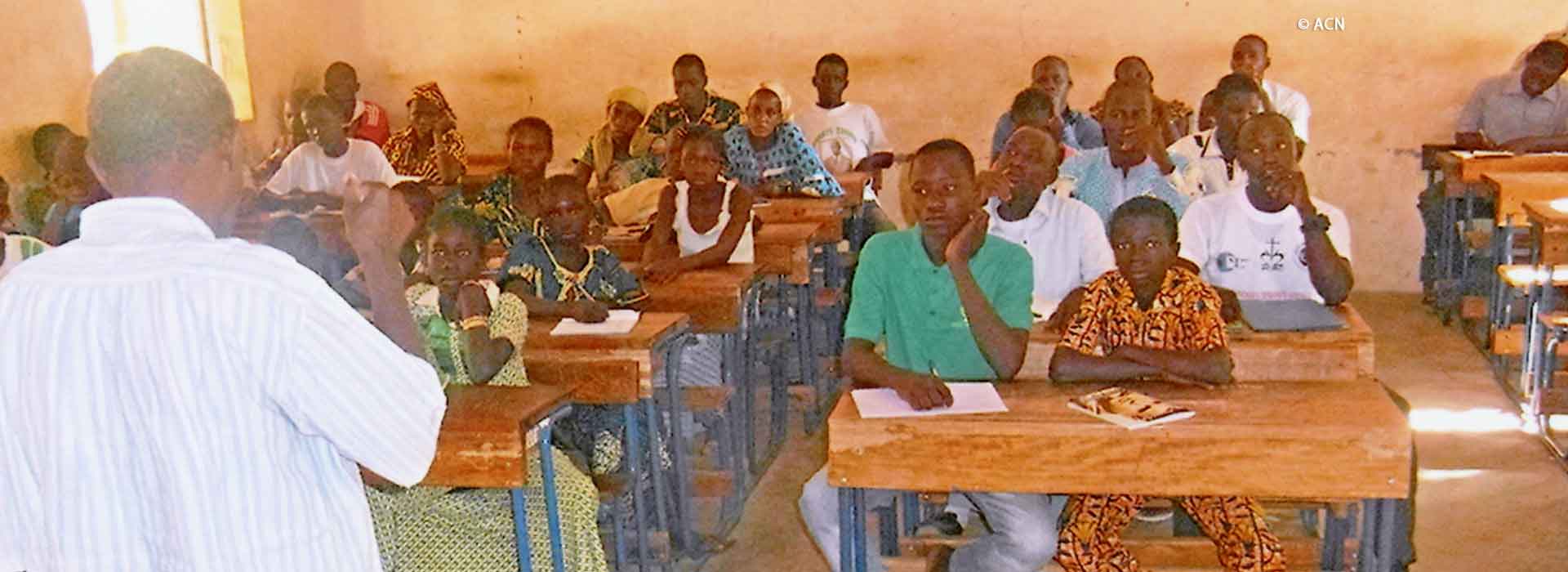
A sweeping reform in Mali’s education sector has led to the dismissal of over 1,600 Catholic teachers, following the suspension of long-standing public subsidies to Catholic schools.
This shift, rooted in a memorandum signed in April 2025 between the Malian government and the Episcopal Conference, marks the end of state support that had been in place since 1972.
The agreement, effective from June 30, 2025, calls for the gradual elimination of subsidies, triggering a wave of layoffs affecting 1,613 teachers across 138 Catholic schools, which serve approximately 40,000 students nationwide.
According to the protocol, the state will cover 50% of severance payments as part of transitional measures.
To cushion the blow, the government released 2.867 billion CFA francs to fund the current academic year, settled 1.5 billion CFA francs in outstanding arrears, and forgave a tax debt of 494 million CFA francs.
In exchange, the Episcopal Conference committed to maintaining educational activities as much as possible and to submitting a list of schools potentially facing closure by the end of January 2025.
The layoffs are being implemented in two phases: the first began in early July, with a second round planned for the end of August.
The government defends the reform as a necessary step toward prudent management of public finances, promoting equity among various types of schools, and upholding secular principles.
However, teacher unions have expressed serious concerns about the social and educational consequences of such mass dismissals.
Ongoing discussions aim to address potential disruptions for the 2025–2026 school year, including plans to reassign displaced students to other public or private institutions.
This pivotal change highlights Mali’s struggle to balance fiscal responsibility with the protection of its educational landscape, raising pressing questions about the future of faith-based schooling in the country.



